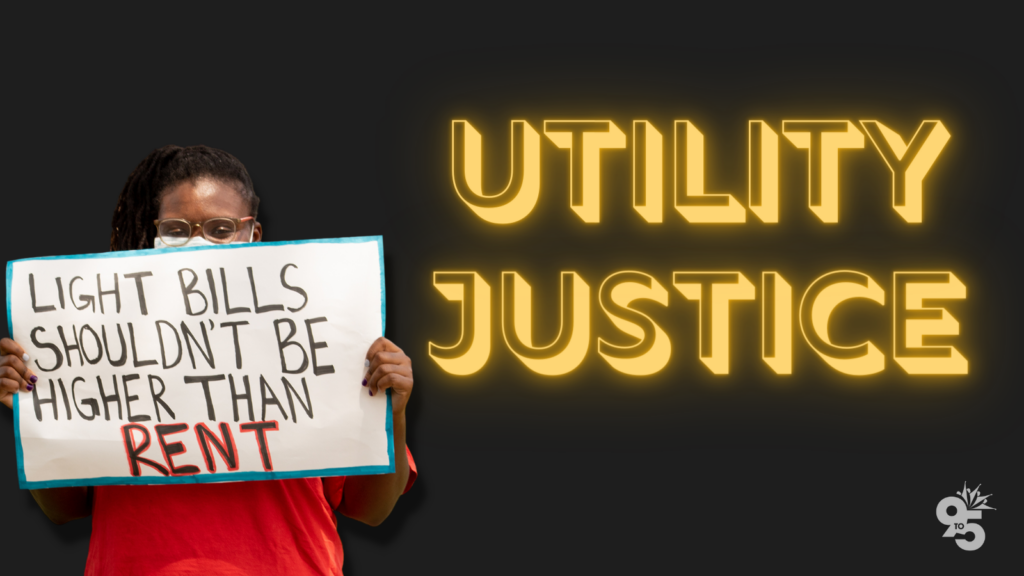
In Albany, a rural city three hours south of Atlanta, we’ve seen a lot of crises. We were an epicenter during COVID, we have been through hurricanes, floods, and tornadoes, however, one of our biggest threats is something much simpler: our light bill.
Every month, families across the city receive utility bills anywhere from $300 to $800 or more, for small 1 or 2 bedroom homes and apartments. Albany is called the “Good Life City,” but many residents have to choose between paying for their light bill or paying for their groceries. We have a high poverty rate- just more than 30 percent- and light bills are one of the largest burdens on our residents.
I realized just how bad this problem was one day when I got my own light bill- $600. I called Albany Utilities to see if there had been a mistake, but they wouldn’t send someone out to read my meter or check my home because of COVID. I had to pay the bill, like many residents, or risk getting disconnected in the middle of a pandemic.
Over 30 million Americans have been unable to pay their light bills in full over the past 12 months, with close to 1.5 million Georgians included in this number. A significant portion of people have been furloughed, laid off, or fired due to the COVID-19 crisis. Recovery has been slow and skewed, with the latest jobs report showing mostly white men being hired into the workforce. High light bills end up making bad situations worse. We depend on electricity everyday for things as routine as turning a light on to virtual schooling and keeping medication stored.
Energy burden affects Black and brown communities more across the country. In states like Georgia, with one of the country’s highest energy burdens, lower income households are reported to use 36% more energy than households in the rest of the country just due to poor housing quality, according to the Department of Energy.
While some programs do exist to help assist customers in the summer and winter, they often run out of funding quickly and not enough people qualify. Public utilities in Georgia, like in many states, are often influenced by private corporations which are putting profits over people. Contracts are entered into by elected officials who are often recipients of campaign donations by the same companies they set rules for.
We need to create more comprehensive utility policies that would treat this issue like the crisis it is. Not only to provide immediate relief for hurting families, but also to make sure we have affordable utilities at a national scale. It’s time for bold federal policy, like an affordable utilities program or utility control on the scale of HUD.
We need quality affordable housing that is energy efficient, we need comprehensive legislation which puts community members in power over what utility contracts look like, and we need to invest in an affordable, sustainable energy plan for Georgia – so that no one’s light bill is more than their rent.
Joanna Jackson is a native Albany resident and worked with 9to5 Georgia as a Utility Justice Fellow

